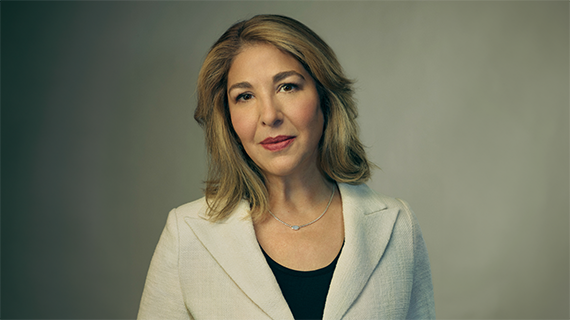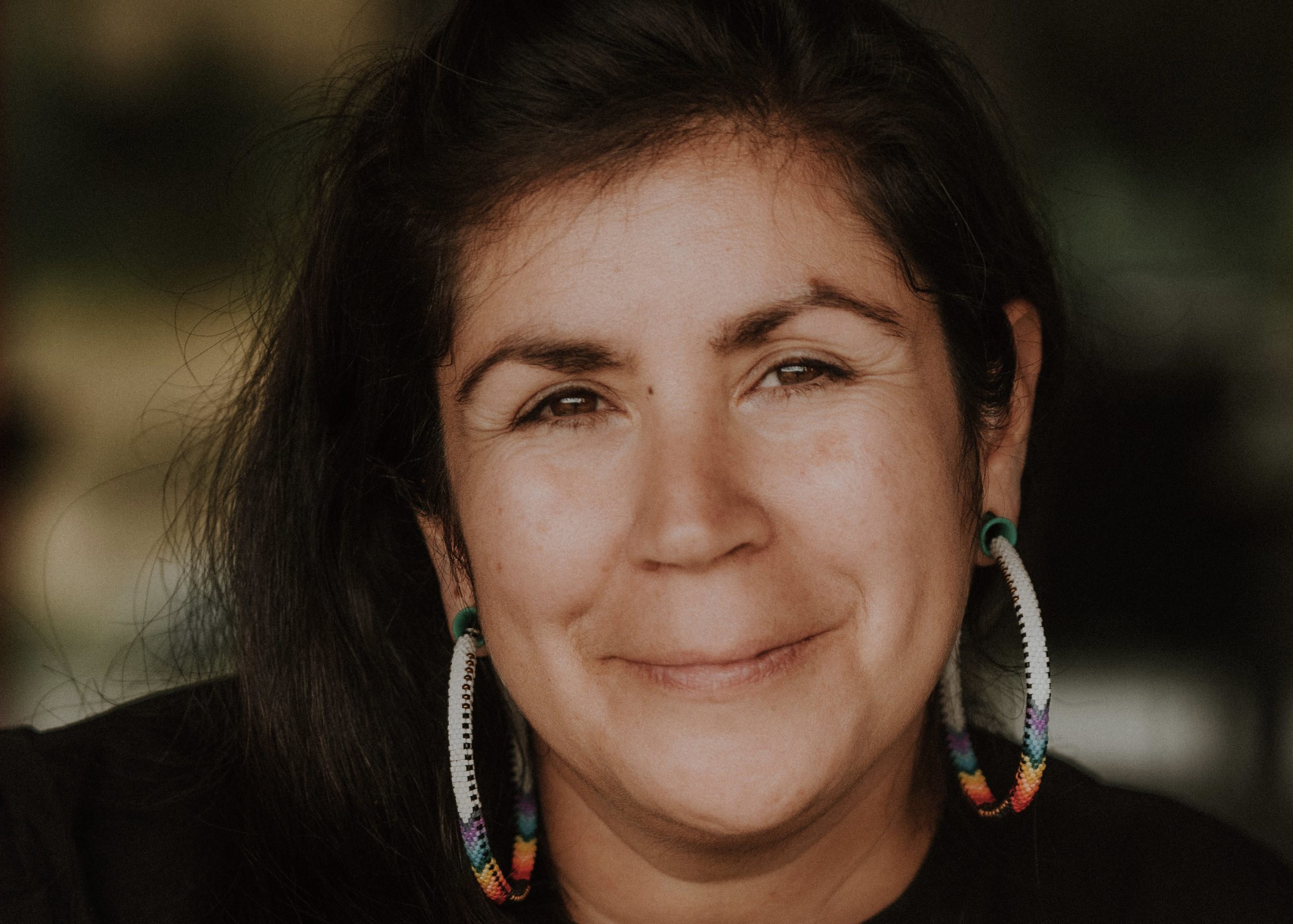

By Mary Leong
Fresh from her whirlwind trip to Paris, Philosophy student Miriam Sabzevari spoke with us about her prize-winning video at the 2011 World Bank Essay Competition and her experience at the Annual Bank Conference on Development Economics (ABCDE) in France.
Sabzevari’s submission to the World Bank Essay Competition (Video Category), a short cartoon on immigration and visible minorities in Canada, came in first place and won her an all-expenses paid trip to Paris, where she participated in the ABCDE alongside other student winners to discuss youth immigration and global economic development.
For Sabzevari, immigration is a subject that strikes close to home. Born in Canada to parents who emigrated from Iran, Sabzevari grew up juggling two cultures and national identities.
“I’m really interested in immigration issues, especially visible minorities in Canada, because it’s becoming such a contentious issue. Political leaders in the democratic world have stated that multiculturalism has failed, but here in Canada we say that it’s part of our culture,” said Sabzevari. “I just wanted to bring up some of the issues that aren’t really talked about, such as ethnic tension, racism, and the income disparities that are connected to race.”
For Sabzevari, the highlight of the conference was getting to listen to Nobel Prize-winning economist Amartya Sen speak on public policy and economic growth in developing nations.
“I was initially doubtful about the conference, because I’d heard criticisms about international organizations that work on international development,” said Sabzevari. “But I was surprised – pleasantly surprised to find that there were many sessions that discussed cultural factors and how that affects economic policy worldwide.”
The students that Sabzevari met at ABCDE inspired her. Aside from spending hours in conference sessions and exploring Paris, they shared their experiences from their respective countries.
“What was interesting was how I was the only one from a developed country, and most of them were from developing countries,” she said. “Their citizens were coming to my country, so I got a perspective of their citizens leaving, and provided my perspectives on what it was like for immigrants to come to Canada. Getting that full story was really fascinating!”


